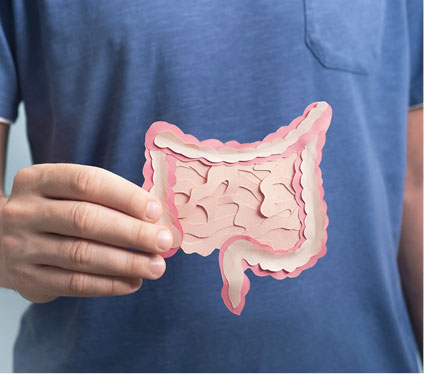A high fat diet disrupts the inner workings of the gut, and this may contribute to cardiovascular disease risk, according to a recent study.
The researchers investigated the link between greasy diets, gut microbes, and the risk of developing heart diseases in mice.
The findings may shed light on the exact mechanism through which high fat diets increase the risk of cardiovascular diseases — and how to prevent these negative outcomes.
A high fat diet, such as one that includes plenty of fast food, increases the risk of cardiovascular diseases. This type of diet interferes with normal functioning in the gut and promotes the growth of harmful microbes.
In addition, gut microbes convert chemicals in fatty foods into a harmful metabolite that promotes atherosclerosis — a disorder in which the formation of plaques narrows the arteries.
Until recently, scientists were unsure of the exact mechanism through which gut microbes caused heart diseases.
Now, researchers at Vanderbilt University Medical Center, in Nashville, TN, have set out to explain this phenomenon.
As the World Gastroenterology Organisation explains, the food we eat has complex interactions with the gut, including its microbiota.
The gut microbiota plays an important role in human health and the prevention of disease. As a result, changes in its regular functioning may play a part in some medical conditions, such as irritable bowel syndromeTrusted Source, obesityTrusted Source, and cardiovascular diseasesTrusted Source.
Before now, scientists had often wondered about the link between the intestines, gut microbes, and health outcomes.
Dr. Mariana Byndloss and her team at the Vanderbilt University Medical Center suggest answers to this puzzle.
Their research in mice reveals that chronic exposure to a high fat diet damages the intestinal epithelium and causes low grade inflammation. It also shows that a high fat diet interferes with the energy-generating functions of the mitochondria.
Dr. Byndloss told Medical News Today thather team’s research was inspired by a previous study that showed the negative effect of high fat diets on the gut and the gut microbiota.
“[Based on previous studies], we hypothesized that the damage to the intestinal mucosa caused by a high fat diet could be driving negative changes to the gut microbiota, including expansion of harmful bacteria (e.g., Enterobacteriaceae) and promoting disease,” she said.










